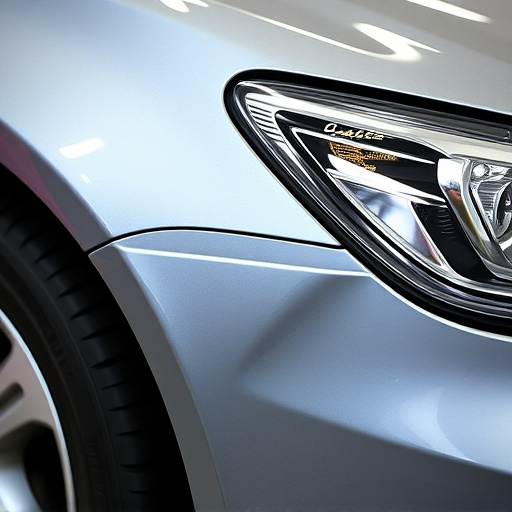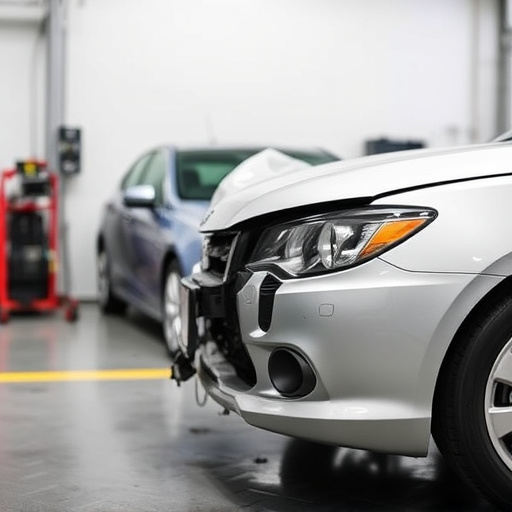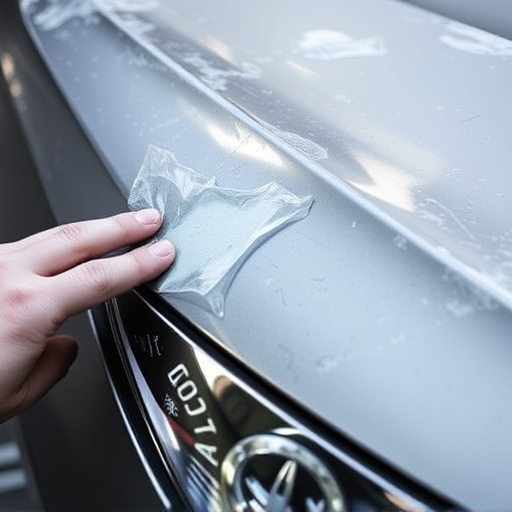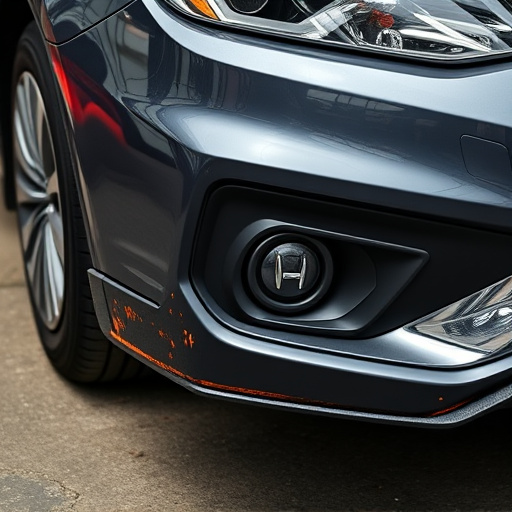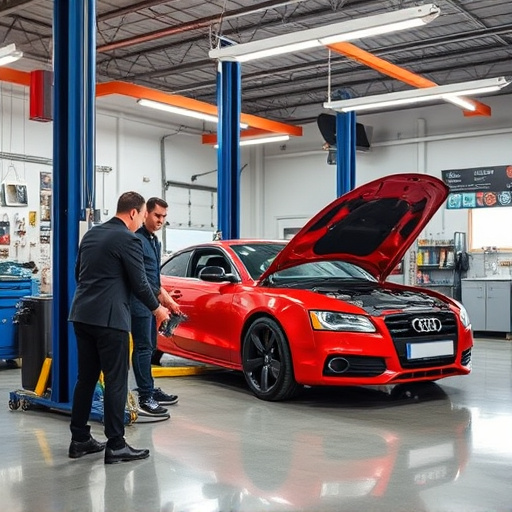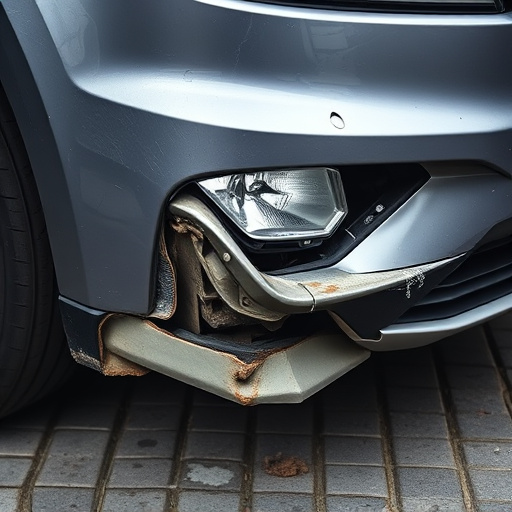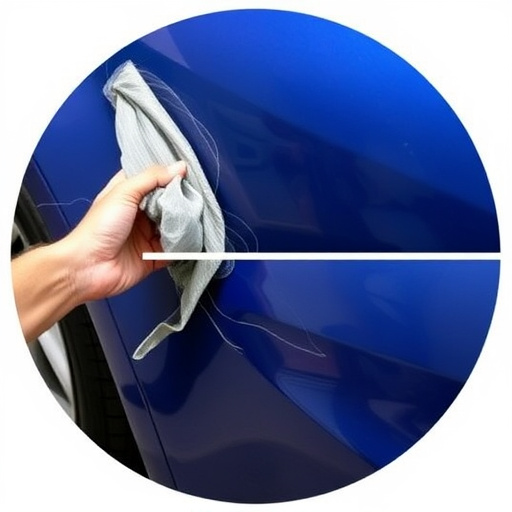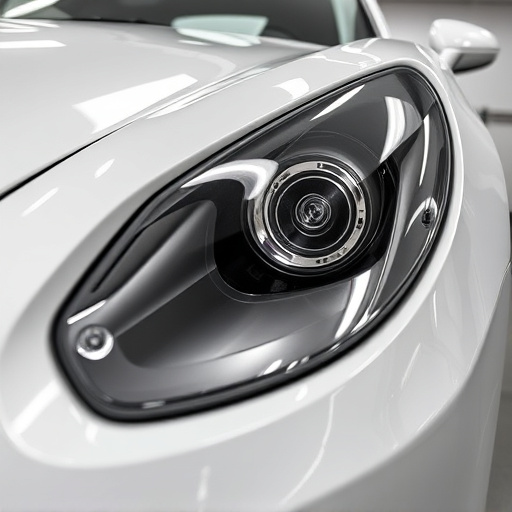Category: rocker panel replacement
Rocker Panel Replacement: Navigating the Evolution and Impact
Introduction
Welcome to an extensive exploration of a topic that has garnered significant attention in recent years—Rocker Panel Replacement. This article aims to dissect, analyze, and predict the trajectory of this specialized field within the automotive industry. By understanding rocker panel replacement, its global reach, economic implications, technological innovations, regulatory landscape, and future prospects, we can gain valuable insights into an industry that is constantly adapting to meet modern demands.
Understanding Rocker Panel Replacement: A Comprehensive Overview
Definition: Rocker panel replacement refers to the process of repairing or replacing the exterior panels that line a vehicle’s rocker (or sills) and floorpan. These panels are crucial for structural integrity, protecting the underbody from damage, and enhancing the overall aesthetics of a vehicle.
Core Components:
- Rocker Panels: These are the outer shields that cover the rocker area, typically made of steel or aluminum. They bear the brunt of road debris, impact, and corrosion.
- Floorpan: The floor of the vehicle, which serves as the primary structural component, is connected to the rocker panels.
- Welding: A critical process that joins the rocker panels to the floorpan, ensuring a secure and robust connection. Modern techniques include laser welding for precision.
Historical Context: Rocker panel replacement has been an integral part of automotive maintenance since the early 20th century when vehicles first started incorporating separate body and chassis designs. Over time, as vehicle design evolved, the complexity of rocker panels increased to accommodate better aerodynamics, lighter materials, and enhanced safety features.
Significance:
- Safety: Rocker panels play a vital role in protecting occupants during side-impact collisions, absorbing and distributing force effectively.
- Structural Integrity: They ensure the vehicle’s underbody remains intact, preventing damage that could compromise the overall structural integrity.
- Aesthetics: Dented or damaged rocker panels can significantly impair a vehicle’s appearance, impacting its resale value. Replacement ensures the car looks as good as new.
Global Impact and Trends
International Influence: Rocker panel replacement is a global phenomenon, with every major automotive market adopting specific strategies and technologies. The impact varies across regions:
| Region | Impact | Trends |
|---|---|---|
| North America | High adoption rate due to stringent safety regulations and a culture of vehicle customization. | Focus on lightweight materials like aluminum for improved fuel efficiency. |
| Europe | Emphasis on durability and corrosion resistance, given the diverse climate conditions. | Growing preference for robotic welding for precision and speed. |
| Asia-Pacific | Rapidly growing market driven by increasing vehicle sales and a young demographic. | Cost-effective solutions and rapid replacement services to cater to busy lifestyles. |
| Latin America | Balanced approach, combining safety with affordability. | Local manufacturers focusing on innovative, locally sourced materials. |
Trends Shaping the Industry:
- Lightweighting: A global trend towards lighter vehicles is driving the adoption of aluminum and advanced steel alloys for rocker panels, improving fuel efficiency and reducing emissions.
- Automated Welding: Advanced robotic welding systems are revolutionizing the manufacturing process, ensuring precision and consistency, and reducing labor costs.
- Customized Designs: Consumers in developed markets demand unique vehicle aesthetics, leading to more complex and customized rocker panel designs.
- Sustainability: The industry is moving towards eco-friendly materials and recycling practices, aiming for a circular economy.
Economic Considerations
Market Dynamics: The global rocker panel replacement market was valued at USD 12.5 billion in 2022 and is projected to grow at a CAGR of 4.5% from 2023 to 2030 (Fortune Business Insights). This growth is attributed to increasing vehicle production, rising demand for customization, and stringent safety regulations.
Investment Patterns: Major automotive manufacturers are investing heavily in research and development to create advanced rocker panel systems. For instance:
- Ford has allocated substantial funds to develop lightweight aluminum rocker panels for its F-Series trucks, aiming to enhance fuel efficiency without compromising strength.
- Volkswagen Group is exploring carbon fiber composite materials for future rocker panel applications, targeting high-performance vehicles.
Economic Impact:
- Job Creation: The industry supports a significant workforce in manufacturing, repair shops, and automotive aftermarket services.
- Supply Chain Growth: Advanced technologies and materials drive the development of specialized components, fostering innovation within the supply chain.
- Cost Savings: Effective rocker panel replacement techniques can reduce vehicle maintenance costs for owners, impacting the wider economy positively.
Technological Advancements
Innovation in Materials:
- Lightweight Alloys: Aluminum and advanced steel alloys are transforming the industry by offering superior strength-to-weight ratios, reducing vehicle weight, and improving fuel efficiency.
- Composite Materials: Carbon fiber composites are gaining traction for their exceptional strength and stiffness, ideal for high-performance vehicles.
Welding Technologies:
- Laser Welding: This precision technique allows for faster and more accurate welding, reducing material waste and improving the overall quality of rocker panel joints.
- Robotic Automation: Robotic arms equipped with laser or arc welders can work 24/7, increasing production capacity and ensuring consistent quality.
Computer-Aided Design (CAD) and Manufacturing (CAM): These technologies enable precise rocker panel design, material optimization, and automated manufacturing processes, reducing human error and improving efficiency.
Future Potential:
- Additive Manufacturing: 3D printing could revolutionize rocker panel replacement by allowing on-demand, custom part production, reducing waste, and enabling complex geometries.
- Smart Materials: Self-healing polymers and shape-memory alloys might find applications in the future, offering enhanced durability and adaptive performance.
Policy and Regulation
Governing Bodies: The development and implementation of rocker panel replacement practices are influenced by various global and regional organizations:
- International Organization for Standardization (ISO): Sets international standards for vehicle safety, including guidelines for rocker panel design and testing.
- National Highway Traffic Safety Administration (NHTSA) – USA: Enforces stringent side-impact crash tests, influencing the design and structural integrity of rocker panels.
- European Union (EU): Has specific regulations regarding corrosion protection and material usage in vehicles, impacting rocker panel manufacturing.
Key Policies and Their Influence:
- Safety Standards: Strict collision testing and safety ratings drive the development of stronger and more durable rocker panels, ensuring passenger protection.
- Emission Regulations: To meet stricter environmental standards, automakers are lightweighting their vehicles, including rocker panels, to reduce fuel consumption.
- Recall Campaigns: Major recalls due to rocker panel defects have prompted manufacturers to enhance quality control measures and improve replacement processes.
Challenges and Criticisms
Common Issues:
- Corrosion: Rocker panels, especially in harsh climates, are prone to corrosion, leading to expensive repairs and replacements.
- Material Cost: Advanced materials like aluminum can be significantly more expensive than traditional steel, impacting vehicle pricing.
- Welding Complexities: Precise welding requires skilled labor, and inconsistencies can lead to structural weaknesses.
Overcoming Challenges:
- Coated Steel: Using galvanized or stainless steel can prevent corrosion, extending the lifespan of rocker panels.
- Material Substitutions: Exploring cost-effective alternatives while maintaining performance, such as high-strength steels or composite materials.
- Automated Quality Control: Implementing advanced sensors and inspection systems to ensure consistent welding quality during manufacturing.
Case Studies: Real-World Applications
Case Study 1: Tesla Model S
Tesla’s flagship Model S showcases an innovative rocker panel design. By utilizing aluminum and advanced composites, the company achieved significant lightweighting without compromising structural integrity or aesthetics. This approach not only enhances fuel efficiency but also enables a sleek, low-slung profile. The precise welding techniques employed ensure a seamless fit, setting a new standard for premium vehicles.
Case Study 2: Volkswagen Golf (MK8)
The eighth generation of the iconic Volkswagen Golf features a sophisticated rocker panel design with laser-welded aluminum panels. This application highlights the balance between lightweighting, structural rigidity, and vehicle customization. The use of advanced welding technologies ensures a robust connection, even in high-strength applications.
Case Study 3: Ford F-150 (2023 Model)
Ford’s legendary F-150 pickup truck introduces an aluminum rocker panel design, contributing to its impressive fuel economy for a full-size truck. This case study demonstrates the successful implementation of lightweighting in a traditionally heavy-duty vehicle segment.
Future Prospects: Trends and Strategic Considerations
Emerging Technologies:
- Advanced Materials: The industry will continue to explore new materials, focusing on cost-effective yet high-performance options, such as advanced steels and composites.
- Additive Manufacturing: 3D printing could become a game-changer for custom rocker panel replacement parts, reducing lead times and enabling unique designs.
- Smart Materials: Self-repairing and adaptive materials might find practical applications in the future, enhancing vehicle durability and safety.
Strategic Considerations:
- Sustainability: The industry must prioritize eco-friendly practices, from material sourcing to end-of-life recycling, to meet growing consumer demands and regulatory expectations.
- Global Standardization: Despite regional variations, harmonizing certain standards can reduce costs and streamline the global supply chain for rocker panel components.
- Digitalization: Embracing digital technologies like CAD/CAM and advanced simulation tools will be crucial for rapid prototyping, design optimization, and cost reduction.
Conclusion: Shaping the Future of Rocker Panel Replacement
Rocker panel replacement is an evolving field that continues to shape the automotive industry’s safety, sustainability, and aesthetic standards. The global trend towards lightweighting, automated manufacturing, and customized designs will drive innovation in this sector. As vehicle technology advances, rocker panels will play an increasingly vital role in active safety systems, connectivity, and the overall digital experience of drivers.
The future prospects for rocker panel replacement are promising, with advancements in materials science, manufacturing technologies, and regulatory frameworks paving the way for safer, more sustainable, and visually appealing vehicles. By understanding and embracing these trends, automakers, suppliers, and service providers can position themselves at the forefront of this dynamic industry.
FAQ Section: Answering Common Queries
Q1: How often should I get my rocker panels replaced?
A: The frequency depends on various factors, including vehicle usage, driving conditions, and maintenance history. As a general guideline, rockers should be inspected regularly (at least once a year) for signs of damage or corrosion, and replacements should be considered based on these findings and the vehicle’s age.
Q2: Are there DIY kits available for rocker panel replacement?
A: Yes, DIY kits are available for basic repairs and replacements. These kits often include pre-cut panels, hardware, and instructions. However, for complex or structural repairs, professional assistance is recommended to ensure safety and longevity.
Q3: Can rocker panel replacement affect vehicle warranty?
A: It depends on the manufacturer’s warranty terms. Some warranties may exclude coverage for rocker panel replacements due to potential body damage during the process. Always review your vehicle’s warranty and consult with a dealership or certified mechanic before proceeding with any repairs.
Q4: How do I know if my rocker panels need replacement?
A: Visual inspection is often the first step. Look for dents, cracks, rust, or signs of corrosion. If you notice any damage, especially after road debris impact, it’s advisable to have a professional assess and replace the affected panels to maintain vehicle safety and aesthetics.
Q5: Are there any environmental concerns related to rocker panel replacement?
A: The industry is actively working towards sustainability. While traditional materials like steel have certain environmental impacts, advanced materials like aluminum can reduce overall emissions and weight, leading to improved fuel efficiency. Recycling practices and the use of eco-friendly materials are also gaining traction in this field.
Tools and Steps for Successful Rocker Panel Replacement
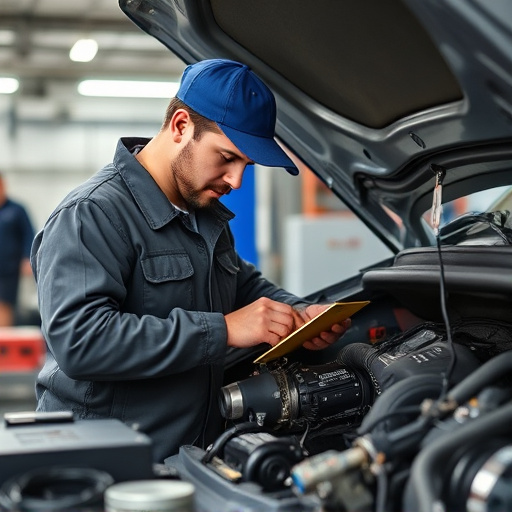
Rocker panel replacement is vital for vehicle safety and aesthetics, especially for luxury brands li…….
Rocker Panel Replacement: Protecting Your Vehicle’s Longevity & Style
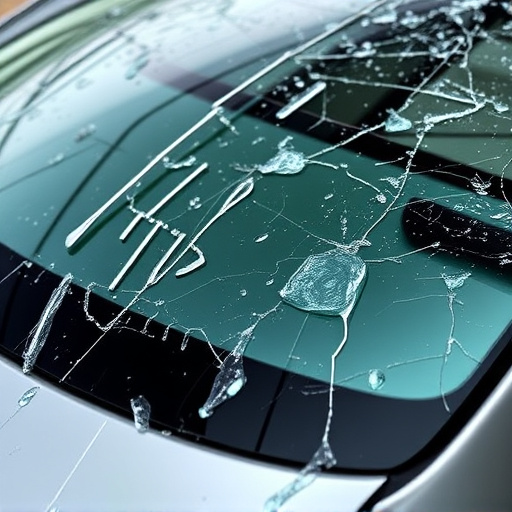
Rocker panels protect vehicles from road debris and require regular inspection for dents, scratches,…….
Rocker Panel Replacement: Insurance Implications and Cost Savings
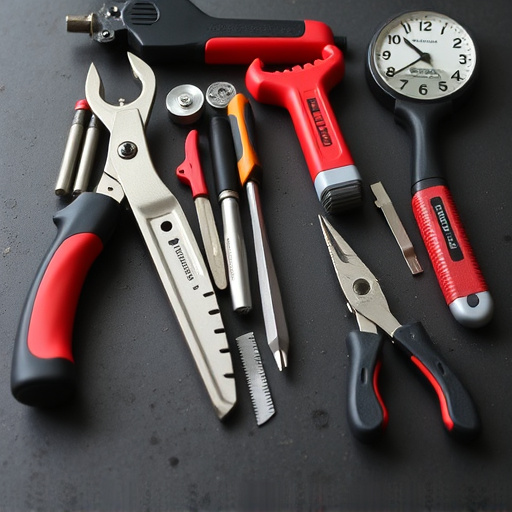
Rocker panel damage requires assessment for repair or replacement. Understand insurance coverage and…….
Transforming Customer Satisfaction: Effective Rocker Panel Replacement

Rocker panel replacements are crucial for vehicle aesthetics and integrity, with regular inspections…….
Mastering Rocker Panel Replacement for Optimal Collision Repair

Rocker panel replacement is vital for vehicle aesthetics and structural integrity, protecting agains…….
Mastering Rocker Panel Replacement & Multi-Shop Coordination
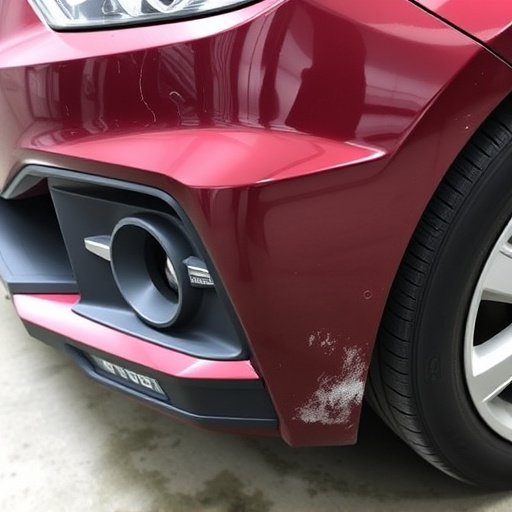
Thoroughly inspect and replace rocker panels damaged by road debris. Collaborate with specialized sh…….
Step-by-Step Guide to Rocker Panel Replacement Process
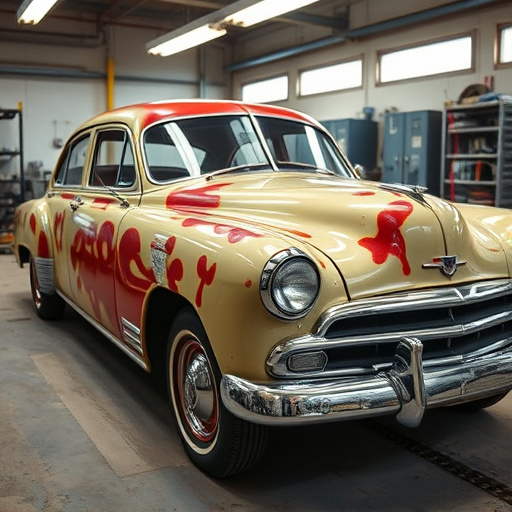
Before replacing a rocker panel, assess damage, gather tools (including jack and gear), and plan for…….
Safely Replace Rocker Panels: Step-by-Step Guide and Best Practices
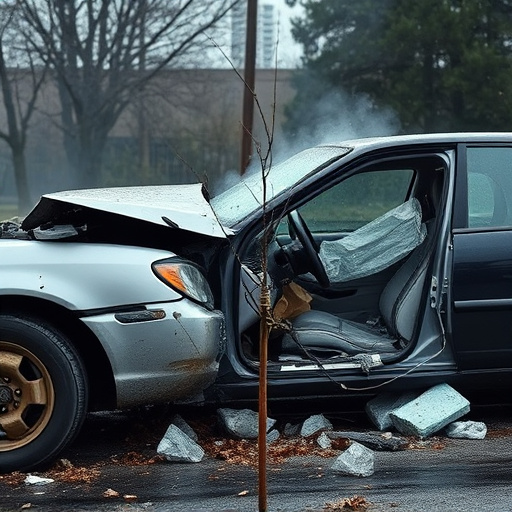
Rocker panels require regular attention to prevent damage from road debris and weather exposure. Pre…….
Qualify Shops for Efficient Rocker Panel Replacement

When considering a rocker panel replacement, inspect for damage and partner with an auto body shop s…….

